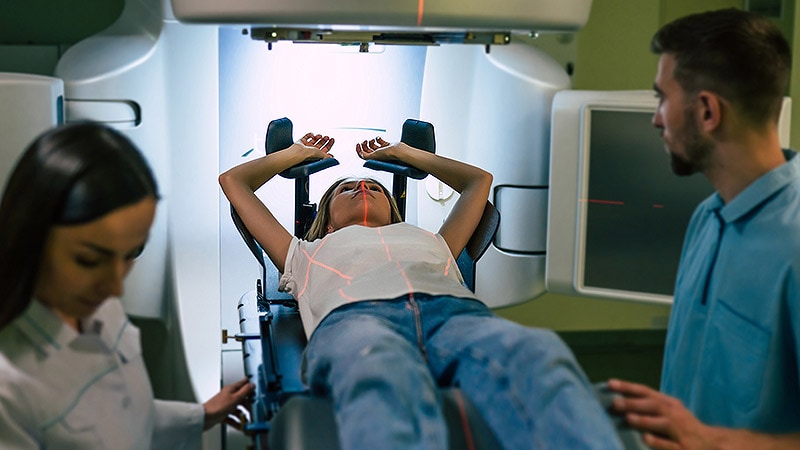Genetically raised serum bilirubin may protect against lung cancer in people exposed to high levels of smoke oxidants, suggests data from UK Biobank.
The study, carried out by researchers from University College London, Cambridge University and the University of Nottingham, investigated potential causal relationships between serum total bilirubin and lung cancer incidence using one-sample Mendelian randomisation (MR) and UK Biobank.
The research, presented in Thorax, included 377,294 participants (median bilirubin 8.1 μmol/L) and 2002 lung cancer events in the MR analysis.
Each 5 μmol/L increase in observed bilirubin levels was associated with 1.2/10,000 person-years (PY) decrease (95% CI, 0.7-1.8) in lung cancer incidence. The corresponding MR estimate was a decrease of 0.8/10,000 PY (95% CI, 0.1-1.4).
The strongest associations were in current smokers where a 5 μmol/L increase in observed bilirubin levels was associated with a decrease in lung cancer incidence of 10.2/10,000 PY (95% CI, 5.5-15.0) and an MR estimate of 6.4/10,000 PY (95% CI, 1.4-11.5).
For heavy smokers (≥20/day), the MR estimate was an incidence decrease of 23.1/10,000 PY (95% CI, 7.3-38.9). There was no association in never smokers and no mediation by respiratory function.
This is the first study to reports that smokers with genetically raised serum bilirubin levels have lower rates of lung cancer and these relationships are strongest in current heavy smokers.



